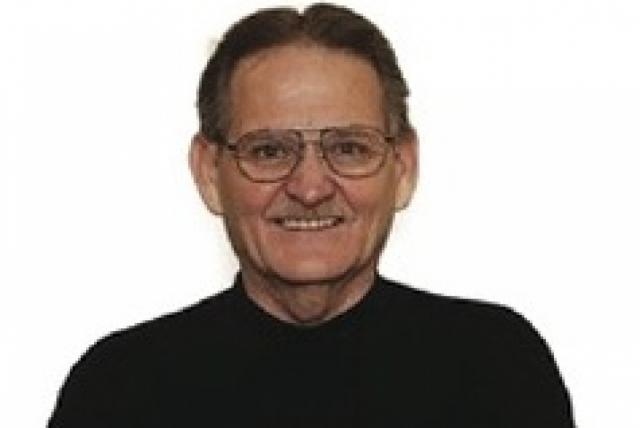No Strings Attached

Her grandfather purchased land with the modest pension he received as a result of injuries suffered during the Spanish-American War in 1898. The family hunted and fished on the land, and there was a small cabin near the top of the mountain. There was no signage to denote who owned it, and the family didn’t make much of the fact that they did.
He also started a small newspaper that always played third fiddle to the two other papers in town. For over a hundred years, it retained its original name, was owned by the same family, and fulfilled its mission to honestly and apolitically share the news and inform the community. Like every business, it went through hard times. Nonetheless, it was always profitable because the staff was small, the business operation remained compact, and their readership was constant generation after generation. Their niche was to share all of the news, but to do so while focusing on the brighter, more upbeat, and generally hopeful stories. They were good at that.
As an only child who never married or had children, she was destined to be the end of the line for her family-owned and operated newspaper. Financially she was secure. Her grandparents and parents always live below their means. They were generous with the community, particularly the schools, and their philanthropy was done quietly. She once asked her Dad, the editor at the time, why they never reported on their own generosity, when they frequently reported on the generosity of others. He said, “It’s our mission to report the new, not make the news. We buy ink by the bucket; we could put ourselves in the news anytime we chose. Generosity should be genuine, sincere, and accomplished quietly.”
At 93 Margaret still hiked most weekend, fished any chance she got, and drove the 1951 Ford pickup her Grandfather bought her when she graduated from college and started writing for the paper. She still lived in the house in which she was born. In addition to the paper, the family homestead, and the land she owned, she was also the sole owner of the family legacy. That legacy was her prize possession, and she made two very thoughtful decisions to preserve it. She decided to turn the paper over to the staff that had been with her for decades. She signed it over to them for a dollar. She also decided to turn the land over to a local conservancy, with the stipulation that she would have access to the cabin for the rest of her life. She would donate one million dollars to establish a nature center, which was to carry the family name in memory of her grandparents and her parents. The other local papers carried the story of her benevolence as a front-pageheadline above the fold. Her paper never reported it.
The president of the conservancy board called a special board meeting. There was great anticipation as the meeting started. They began by discussing the acquisition, and deliberating how they would best use it. Once they got past the initial rush of the donation, a few of the members began asking some troubling questions. “This seems too good to be true. I wonder want’s in it for Margaret?” Another suggested, “We better have our attorney check into the source of the money, how do we know where it came from.” One of the more skeptical members said, “Maybe she found out there is some environmental hazard on that land, and we’re going to get stuck with it.” And then another chimed in with, “There’s got to be a string attached, and we owe it to ourselves to find it.” That was the final straw for the chairwoman.
“What’s wrong with you people? I’ve known Margaret’s family since the depression. They’ve always been a kind and generous familythat’s quietly and diligently gone about providing the news in this community for more than a century. Do any of you have even one good reason why we should questions her generosity?” She paused and waited for a response. None were offered.
“I didn’t think so. If Margaret heard what was just said, I wouldn’t blame her a lick if she rescinded her offer. And if she did we’d continue to be the small-scale, financially strapped, struggling organization that we’ve been since we organized.” She paused, shook her head, then said, “You should all be ashamed of yourselves.”
The lesson here is simple and powerful. Always looking for a string that might be attached can blur clear view, and destroy earnest and honest intent. Such skepticism can also drive a debilitating and destructive wedge between generous, well-intended benefactors and their potential beneficiaries.
Not everything has to have a string attached!
